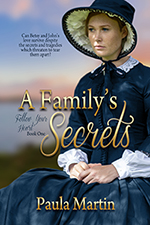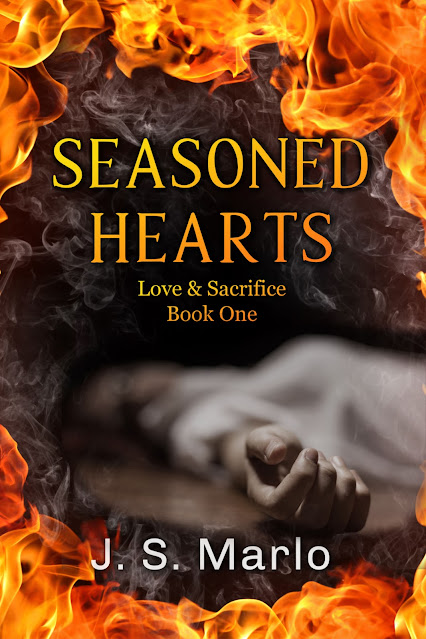A WWII Memory,
dedicated to my Uncle William (Bill) Shipton (Canadian WWII Veteran) and
my daughter Major Billie Cartwright (Active US Army Reservist)
Originally published in Western
People Magazine, May 1991 as Egg on His
Face
Bill was in his glory. Finally
after weeks of courting young Phyllis Quelch, he'd been invited home to dinner.
He pressed his uniform until the creases cut and shined his shoes until he
could see his reflection.
Bill wanted to be sure that the
Quelches recognized him as a serious young man with his own land and big plans
for the future. Once the war was over he'd be returning to his homestead in
Alberta, and it was going to take some doing to convince Phyllis to give up her
life in England for the rough Canadian prairies. This dinner was Bill's chance
to win the Quelches approval, and when he met them at their humble cottage he
flashed his brightest smile and prepared to charm them with his native Canadian
wit. The Quelches were a pleasant couple slightly reserved in the manner of the
British but they soon warmed to Bill and after dinner they invited he and
Phyllis to join them at the neighborhood pub.
The evening passed in easy
camaraderie. Bill entertained the Quelches with amusing tales of life on the
Canadian wilderness, and they responded with anecdotes of English country life.
By the time they started home it was raining heavily, and Mrs. Quelch insisted
that it was not a fit night for Bill to bicycle back to the base. He gratefully
accepted a bed on the living room sofa and was soon fast asleep.
Rising early the next morning to
the smell of sizzling bacon, Bill slipped into the little kitchen to greet Mrs.
Quelch.
"The top o'the mornin to
ya," he quipped. "When I heard you humming away at that stove I
thought for a sec I was back home with my Mum."
Smiling shyly, Mrs. Quelch poured
him a cup of tea, dished up several slices of bacon and four eggs onto an old
crockery plate and set it carefully on the warmer.
"That smells mighty good,
ma'am," Bill said, gratefully carrying the plate to the little breakfast
nook and happily digging into his breakfast. The portion was just right for his
vigorous appetite, and pleasantly filled, he waited eagerly for Phyllis and her
Dad to join them. When they finally gathered around the table, Bill wondered
that all they ate was toast and tea, but assumed they'd adopted the modern
habit of saving their appetite for the mid-day meal.
When Bill prepared to leave for the
base Phyllis offered to ride part way and Bill delightedly accepted her
company. They hadn't gone far though, when she stopped her bicycle and turned
to him with a serious expression on her face. "Bill," she said.
"Have you any idea what you've done this morning?"
"Done, why I haven't done
anything at all, other than pass the time of day with your Mum and enjoy her
fine breakfast."
"That's just it. You ate the
entire family's ration of bacon and eggs this morning. We save our eggs all
week long so on Sunday morning's we'll have enough to share at breakfast."
Well, the ground should have opened
up and swallowed Bill. Never had a young man been so embarrassed. Back home in Canada--what
with their own hogs and chickens--it was nothing to eat a rasher of bacon and
six or seven eggs for breakfast. It hadn't even occurred to him that the plate
Mrs. Quelch put on the warmer was for anyone but himself.
Bill's face flamed. He mumbled his
apologies to Phyllis, bid her good day, and pedaled like a madman to the base.
Wheeling in through the gates he headed straight for the mess hall. Bill had
long been in the habit of offering a helping hand in the kitchen when no one
else was willing, and his easy acceptance of even the meanest chores made him a
favorite among the cooks. Therefore, when he reached the mess hall and tossed
his knapsack in the door he was met with good natured grins.
"Fill 'er up lads," he
said. "Whatever we've got to spare and don't stint the bacon and eggs.
I've a debt to repay and I'll be thanking you not to make me look bad."
Next, Bill charged across the
compound and descended on the warrant officer. "Sir, every month we're
entitled to our ration books." he told the startled officer, "and in
all these many months I've not drawn any of mine. This morning I made a
colossal donkey of me, what with not knowing how hard-up these people are for
food, and I'm sure in need of my ration books."
"Well soldier," the
officer replied, "you're certainly entitled to them, but it'll probably
take a little time for me to round them up."
"That'll be fine Sir. I've a
few things to attend to and then I'll be back to pick them up."
With that Bill headed back to the
kitchen, and finding the knapsack filled to overflowing, he thanked the cooks
and swung the heavy knapsack onto his shoulders.
When the ration books were ready,
he shoved them in his pockets, and fetched his bicycle. Then he pedaled
furiously for Maidenhead and was soon knocking on the door of the cottage.
"Why Bill," Mrs. Quelch
said, when she answered the door. "Whatever brings you back here this
morning."
"There's a little matter I
need to attend to," Bill said stepping inside the door and heading for the
kitchen. "You know ma'am," he said, removing the knapsack from his
shoulder. "I've never been so embarrassed in my life as when Phyllis told
me I'd eaten the family's breakfast. Now, I'm hoping you'll let me makes
amends."
Stunned, Mrs. Quelch's eyes widened
in wonder as Bill began spilling the contents of his knapsack across the
kitchen table. Then, turning to the astonished woman he reached in his pockets
and pulled out the stack of ration books.
"Mrs. Quelch," he said.
"I want you to know that as long as I'm around here there won't be any
more breakfasts of dry toast and tea," and Phyllis, coming into the
kitchen, watched in amazement as her mother burst into tears.
"You know," she told Bill
later, "in 21 years I've never seen my mum cry, and I'll never forget what
you've done for her today."








































